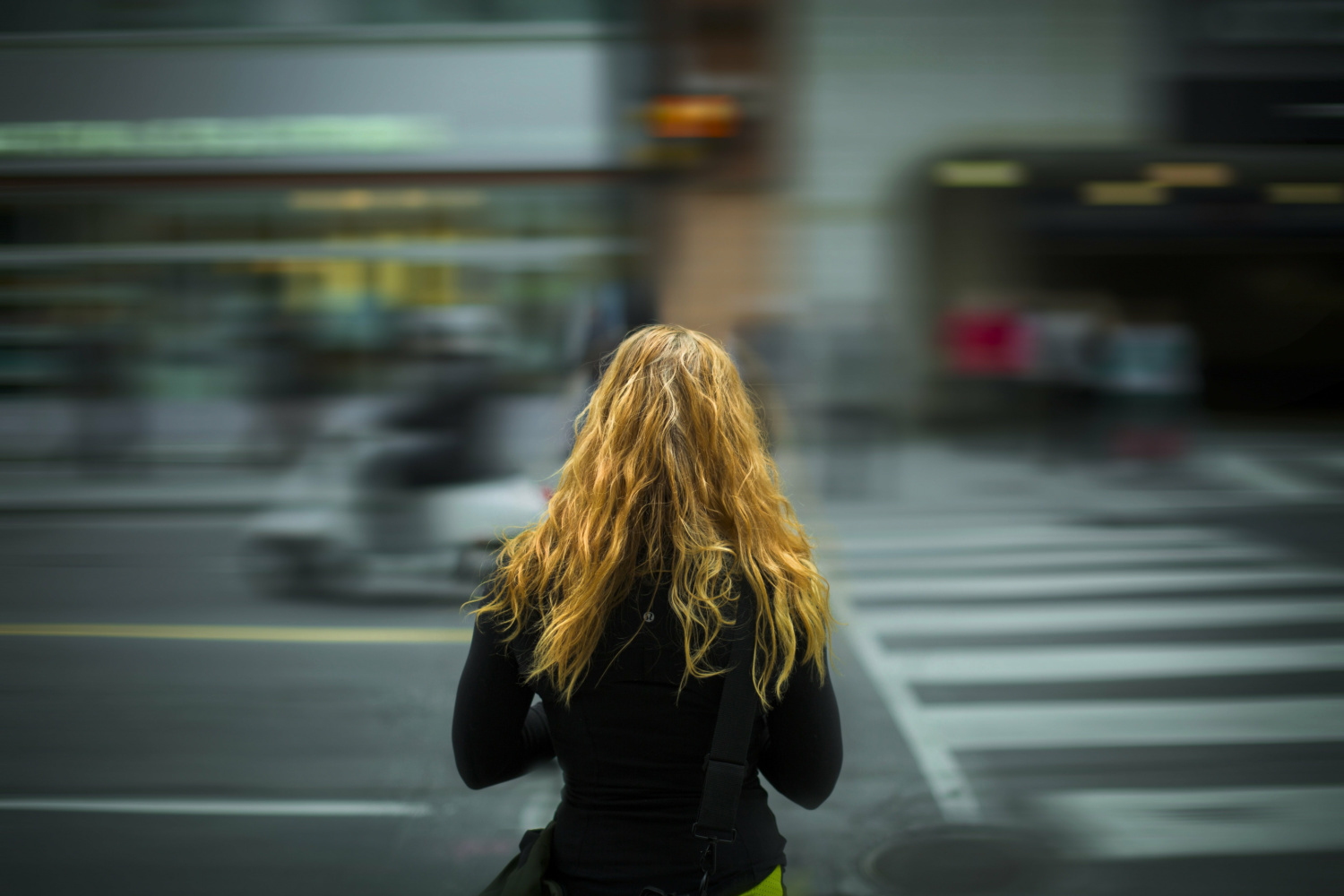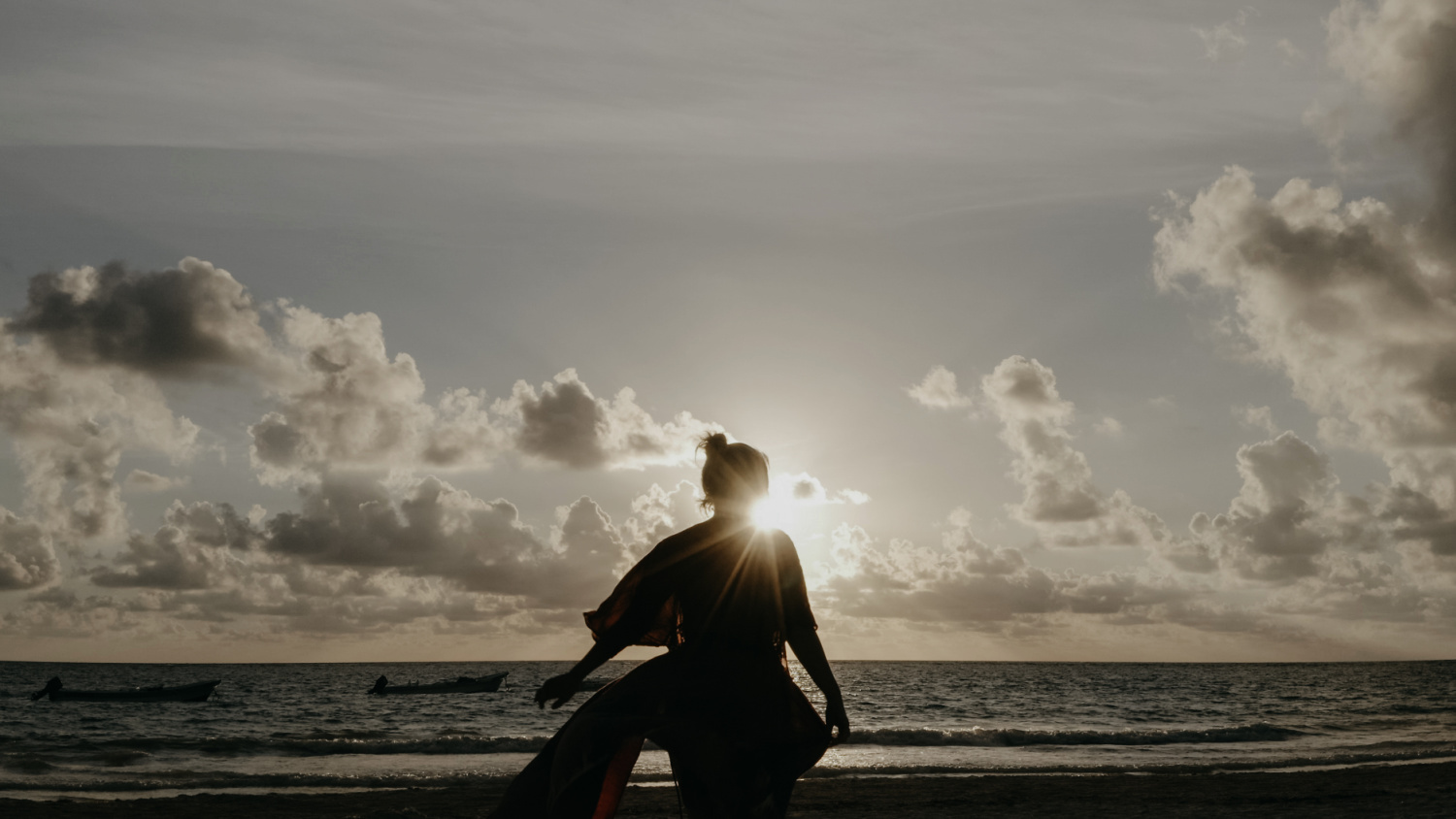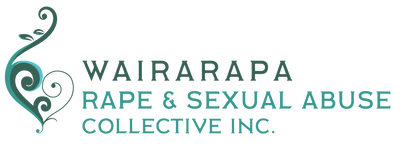Wairarapa Rape & Sexual Abuse Collective Inc.
0800 614 614 (24/7) / 06 370 8446
Floor 3 Departmental Building, 35 Chapel Street, Masterton
Office hours 8.30 AM - 2.30 PM Monday - Friday. Please call as appointments are preferred.
What is Child Sexual Abuse?
Sexual abuse is any inappropriate sexual behaviour towards a child. In New Zealand, these are the legal terms concerning children:
- A child is anyone 0-13 years old
- A young person is 14-17 years old.
Child Sexual Abuse occurs when a child under 16 years of age is used by an adult or older child in a sexual way.
The abuser is usually someone 3 or more years older or physically more developed than the survivor. It can be an older child.
Sexual Abuse can be non-contact abuse (e.g. exhibitionism, voyeurism) or contact abuse (e.g. genital/anal fondling, oral sex). This may include: touching genitals; penetration of the genitals with fingers, penis or objects; rape; tongue kissing; genital exposure; the viewing of pornographic videos; and/or coercion into nudity and masturbation for the adult’s gratification.
Sexual Play between children of the same age is not likely to be harmful because of the children’s equal power and development.
The abuser is usually someone 3 or more years older or physically more developed than the survivor. It can be an older child.
Sexual Abuse can be non-contact abuse (e.g. exhibitionism, voyeurism) or contact abuse (e.g. genital/anal fondling, oral sex). This may include: touching genitals; penetration of the genitals with fingers, penis or objects; rape; tongue kissing; genital exposure; the viewing of pornographic videos; and/or coercion into nudity and masturbation for the adult’s gratification.
Sexual Play between children of the same age is not likely to be harmful because of the children’s equal power and development.
How Does the Child Feel About the Abuse?
- A child may immediately have misgivings or a feeling of repulsion when the abuse begins. In other cases, initially the abuse may not be frightening at the time. It is often portrayed by the abuser as a “secret” or “game”
- The child often does not realise the inappropriateness of the behaviour. The child may participate willingly because it fills their need for: attention (special), love, physical contact
- Initially the offender seldom uses threats and physical forces, because:
- physical harm leaves visible evidence that could lead to discovery
- the offender is someone the child has been taught to trust
- children are taught to be obedient and that adults know what is best for them.
- When a child realises the inappropriateness of the abuse, the child may feel:
- betrayed by the trusted offender
- betrayed by the rest of the family who have failed to stop the abuse
- guilt and responsibility for letting the abuse go on; they may blame themselves.
Why Doesn't the Child Tell Someone?
There are many reasons why a child may not tell. Some of these include:
- Often when the child realises that the abuse is wrong, the child may start to resist the abuser. The abuser will then usually begin to use threats and physical force. The threats are usually guilt-laden, with consequences if the child tells
- The child may not tell because of their own sense of guilt
- The child may not tell because they feel they want to protect their family, especially younger siblings
- The child may be embarrassed and not know where to turn.
Indicators of Child Sexual Abuse
Statements by children concerning sexual acts committed upon them are the most reliable indicators of sexual abuse. Children do not usually make up stories about sexual abuse.
Physical signs (evident in only a small percentage of cases):
Physical signs (evident in only a small percentage of cases):
- Presence in the mouth, vagina, or rectum of some type of sexually transmitted disease
- Anal/oral/genital tissue damage
- Presence of foreign objects in some orifice of the body
- Pregnancy
- Bloodstains on underwear
- Itching due to thrush
- Bruising on genital areas
- Pain experienced in urination or elimination.
Behavioural Indicators
Behaviours are not always indications of sexual abuse. However, they are signs of distress in a child and a professional evaluation may be helpful.
If signs go unheeded, the child can be left feeling betrayed, not only by the abuser but also by the adults who failed to recognise and stop the abuse.
- Eating, sleeping, and bowel/bladder disturbances
- Regressive behaviour (acting like a much younger child e.g. bedwetting)
- Excessive crying
- Excessive masturbatory behaviour in small children
- Irritability, crankiness, short-tempered behaviour
- Too sophisticated knowledge about sexual acts for the child’s age
- Excessive attempts to manipulate the genitals of others
- Psychosomatic complaints (physical diseases having a psychological origin)
- School problems e.g. change in behaviour at school
- Phobias, fears
- Secretive behaviours
- Lack of friends
- Stealing, lying
- Manipulative and seductive behaviours
- Compulsive behaviours (e.g. taking an excessive number of baths)
- Acting-out behaviours (e.g. truancy, running away etc.)
- Promiscuity
- Prostitution
- Self-destructive behaviours (e.g. drug/alcohol abuse, suicide gestures)
- Depression
- Alienation from other family members.
If signs go unheeded, the child can be left feeling betrayed, not only by the abuser but also by the adults who failed to recognise and stop the abuse.
Know the Signs:
|
Child Sexual Abuse: Trauma & Recovery After Abuse.
|
Childrens' Feelings
Incest causes the child to have conflicting feelings. These feelings can be:
- Fear: The offender tries to pledge the child to secrecy. The child is told not to tell or something bad will happen. The child is afraid to tell because the consequences might be punishment, blame, abandonment, or not being believed
- Power: Sometimes the child feels responsible for keeping the family together. The burden of this power interferes with experiences of a normal childhood
- Guilt: The child knows something is wrong and blames themselves. The child sometimes feels like a “bad” person
- Warmth: The child is often singled out for special attention or favours. Children often love their parents even if they are abusive. The offender can be a good parent in other ways
- Isolation: Incest survivors feel different from other children. They usually must be secretive.
Adult Survivors' Feelings of Child Sexual Abuse
- Betrayed: Lost a parent, lost the sense of being able to go to their parent
- Disillusioned: Doesn’t trust sex of the person who abused them
- Tricked: Feel their innocence was used. They were coerced into doing something they did not want to do. And the abuser called it love. The abuser may have said “You love me, don’t you?” but they had all the control while the victim/survivor had none, and they used force to take control
- Old: Because of not being able to tell anyone as a child, survivors felt distanced from other children and distanced from other people. They felt a sense of responsibility older than their years. Had to guard their tongue
- Different: Had to pretend everything was alright. Had to smile when they wanted to say they hated their abuser
- Sick: Literally as well as emotionally (e.g. when he backed me up against the wall to fondle my breasts I wanted to vomit)
- Bewildered: Adult survivors did not understand what was happening for a long time
- Insecure
- Separated
- Lost and alien
- Guilty: Thought it was their own fault. Thought they had done something to make it happen, that everyone must know what had happened and must think they were dirty
- Ashamed
- Vulnerable
- Fear: Afraid of being in the room alone with their abuser. Afraid, knowing the person might visit. Afraid of games, that they would go on for longer than they should and become something else. Afraid of their mother leaving or dying. Afraid of the dark. Afraid of strangers. Afraid of open spaces with nowhere to hide. Afraid in bed.
Problems in Later Years Caused by Child Abuse
- Development of a negative self-image
- Difficulty in developing relationships which involve trust and caring
- Difficulty in forming satisfying sexual relationships
- Difficulty in expressing feelings openly
- Development of behaviours such as truancy, prostitution, drug abuse.
Many Survivors Reported:
- Feeling cut-off and detached from their sexuality
- Not wanting to be touched
- Not wanted to be sexually touched
- Not wanting to be sexually touched unless it is absolutely under their control
- Not knowing for a long time why they were feeling so detached
- Knowing that sexuality is a part of loving but unable to accept that and not knowing why they were feeling that way.
How Sexual Abuse Affects Any Gender, Age and Race
Feelings:
Many of these affect all aspects of life e.g. pregnancy, alcohol dependency, sexual difficulties etc. There are stages in the healing process; no reaction is “abnormal” to being refused control over one’s body and the right to decide.
Many of the most serious effects are the result of being unable to start the healing process quickly.
- Confusion
- Fears
- Anxiety
- Depression
- Nightmares
- Sleeplessness
- Self-blame
- Shame
- Guilt
- Feeling dirty
- Anger
- Hostility towards the gender of the person that abused them.
- Confidence
- Self-respect
- Dignity
- Self-esteem
- Trust in gender of the person who abused them
- Trust in people
- Trust in family
- Childhood.
- Problems with physical contact
- Sexual difficulties
- Sexually-overactive
- Sexually-disinterested
- Phobias (e.g. agoraphobia)
- Suicidal thoughts/attempts
- Excessive dependency on others
- “Survivor” mentality
- Emotionally “cut-off”
- Powerlessness
- Meaninglessness
- Denial
- Lack of “get up and go”.
- General deterioration
- Medication needed
- Gynaecological problems
- Injuries
- Long-term disabilities
- Frigidity
- Drug dependency
- Psychiatric admissions
- Self-inflicted injuries
- Weight gain
- Weight loss
- Eating disorders (e.g. anorexia, bulimia)
- Sleeping disorders
- Tiredness/exhaustion.
- Restrictions on activity
- Financial losses
- Schooling difficulties
- Career affected
- Job loss
- Relationship difficulties
- Broken marriage
- Affects all/some relationships with gender of the person who abused them
- Have to shift house
- Loss of virginity
- Unable to have children
- Pregnancy
- "Survivorised" by community
- Blame from others
- No income from father/abuser (jailed/left home)
- Family member's illness/suicide
- Further abusive relationships
- Goes in for counselling
- Trains in self-defence, martial arts and assertiveness
- Uses experience to support others to heal.
Many of these affect all aspects of life e.g. pregnancy, alcohol dependency, sexual difficulties etc. There are stages in the healing process; no reaction is “abnormal” to being refused control over one’s body and the right to decide.
Many of the most serious effects are the result of being unable to start the healing process quickly.
|
Location:
|
|
Website created by Cheeky Upstart. 2021



